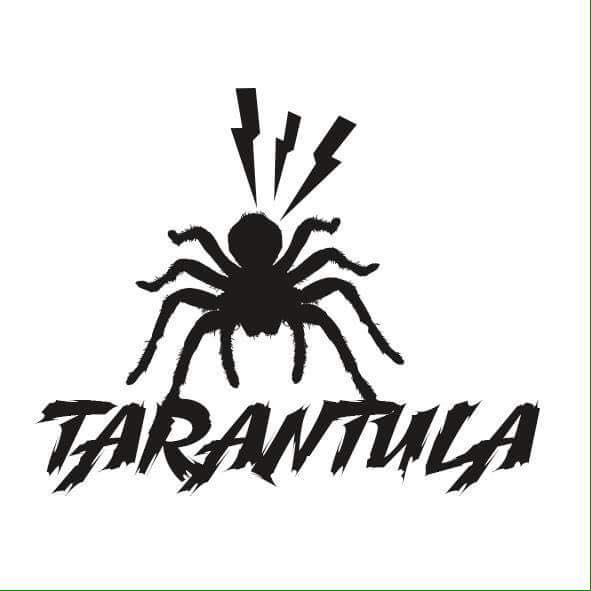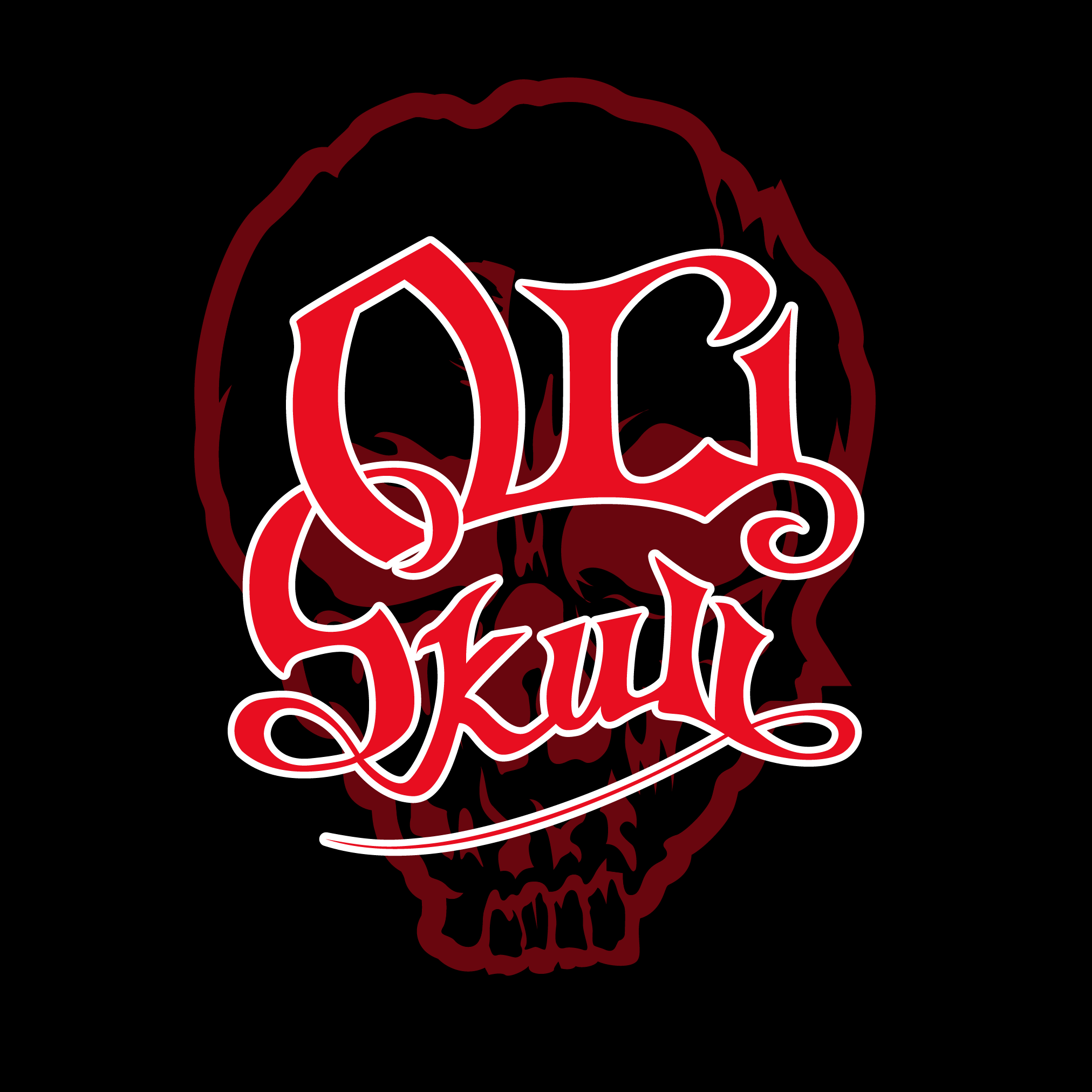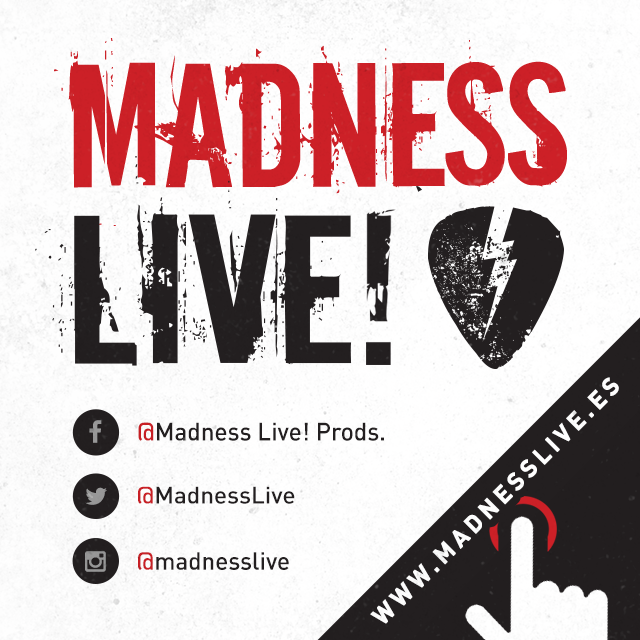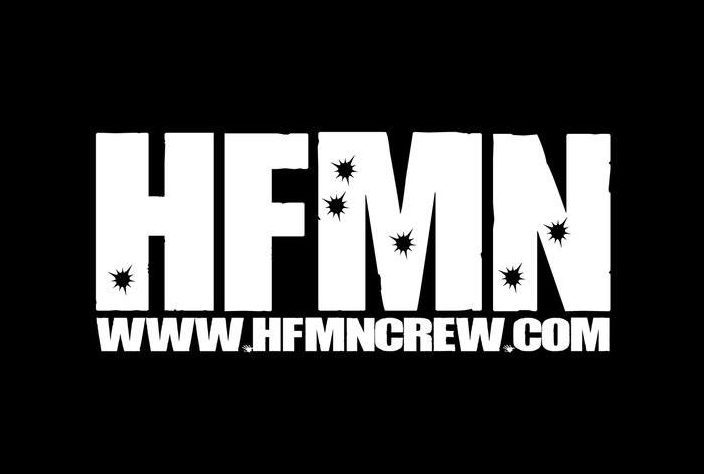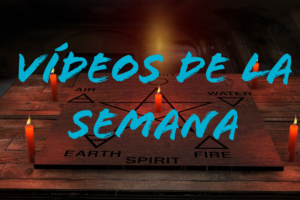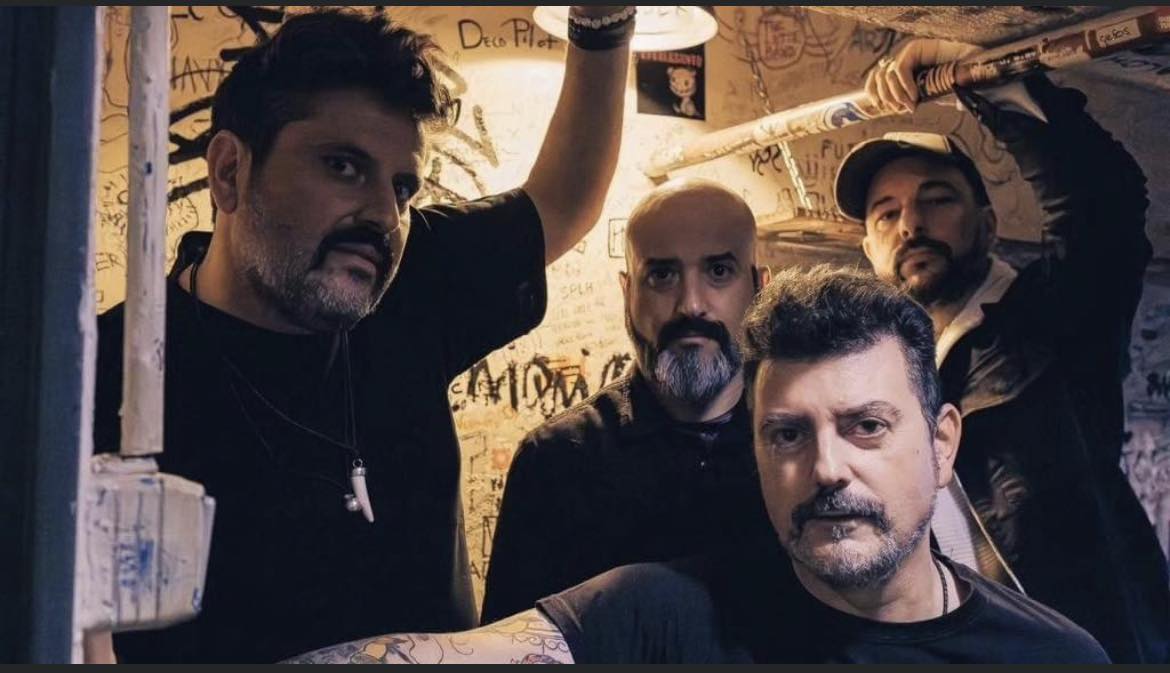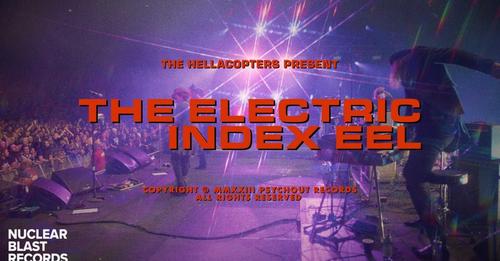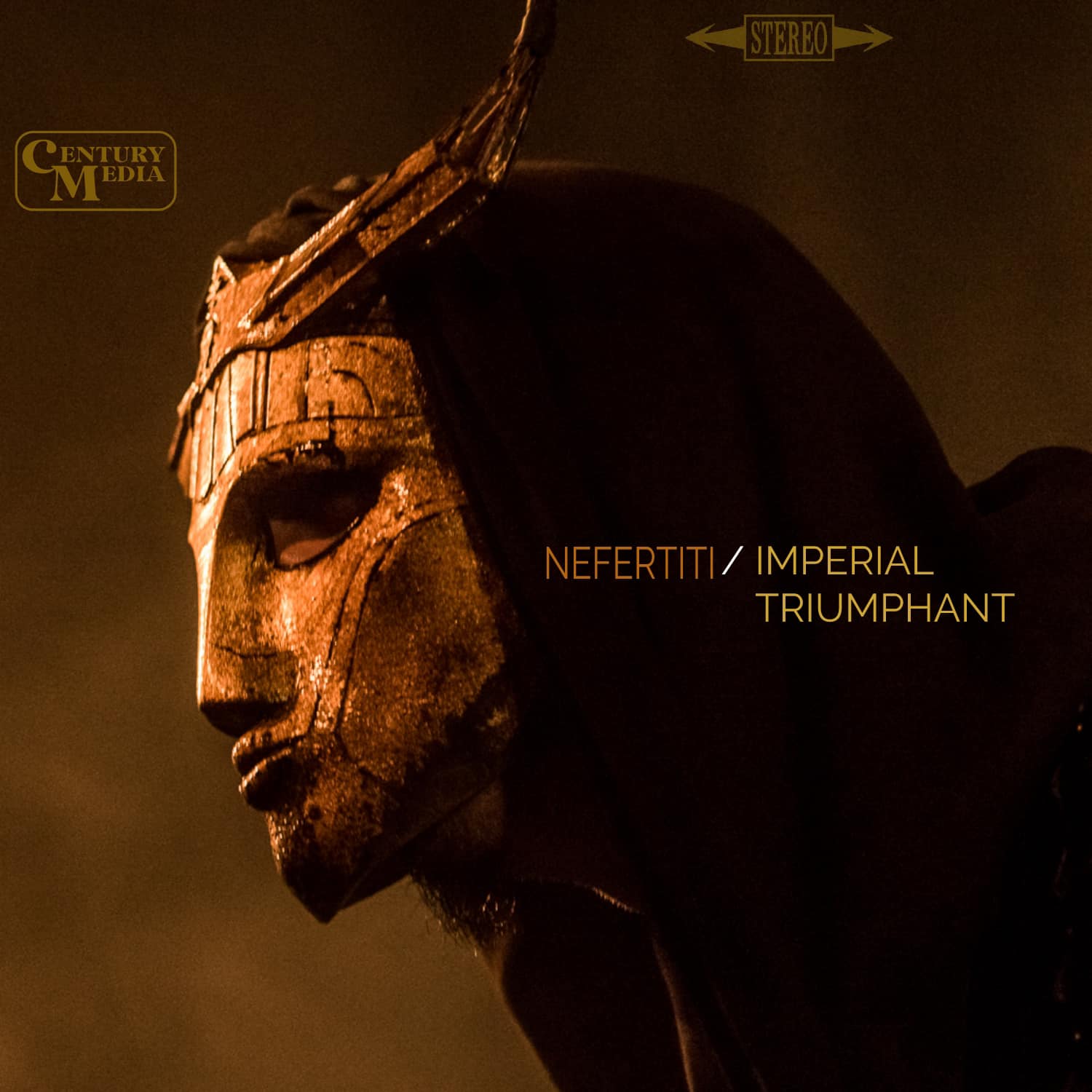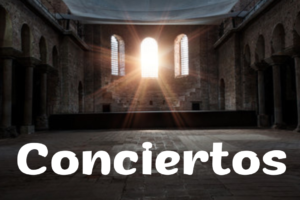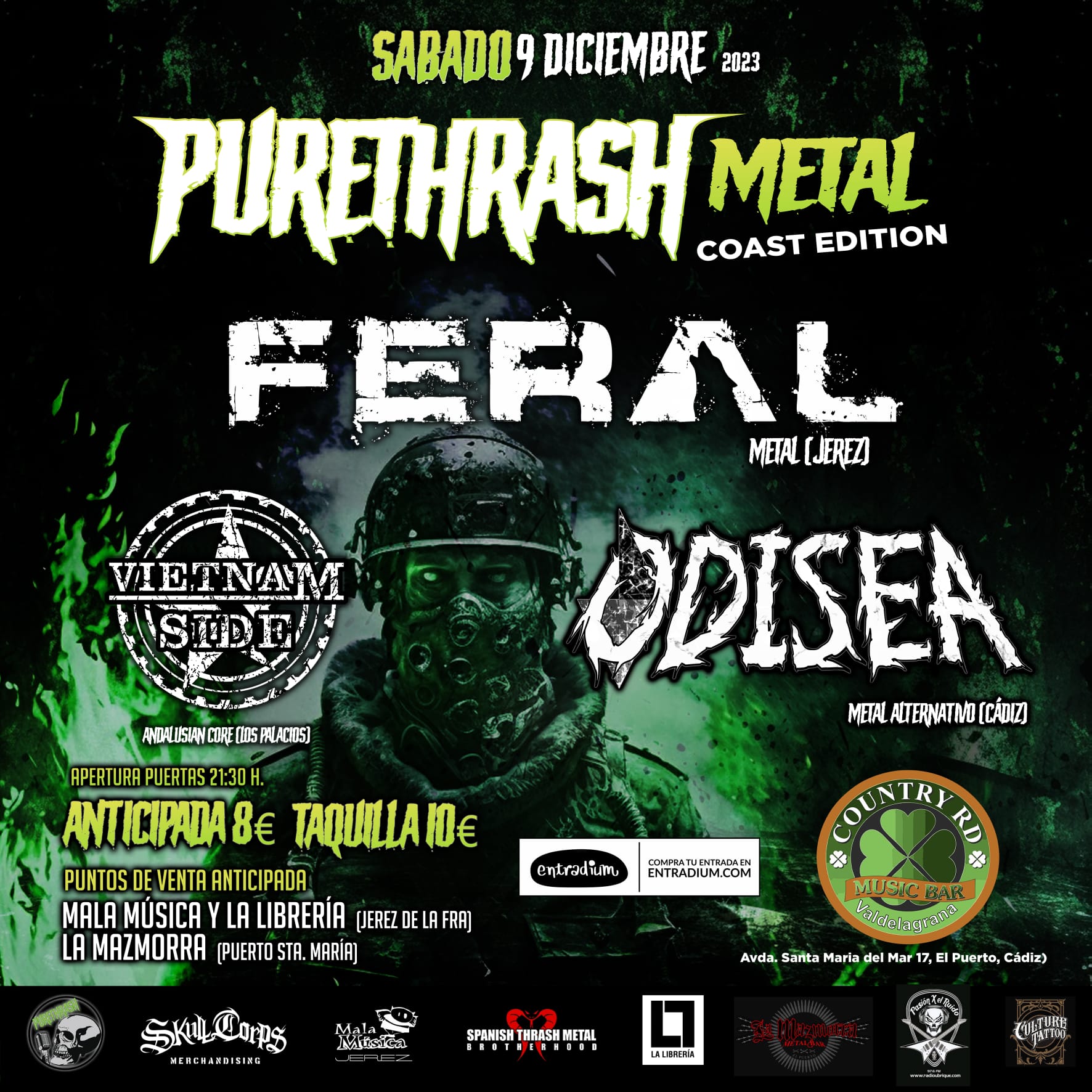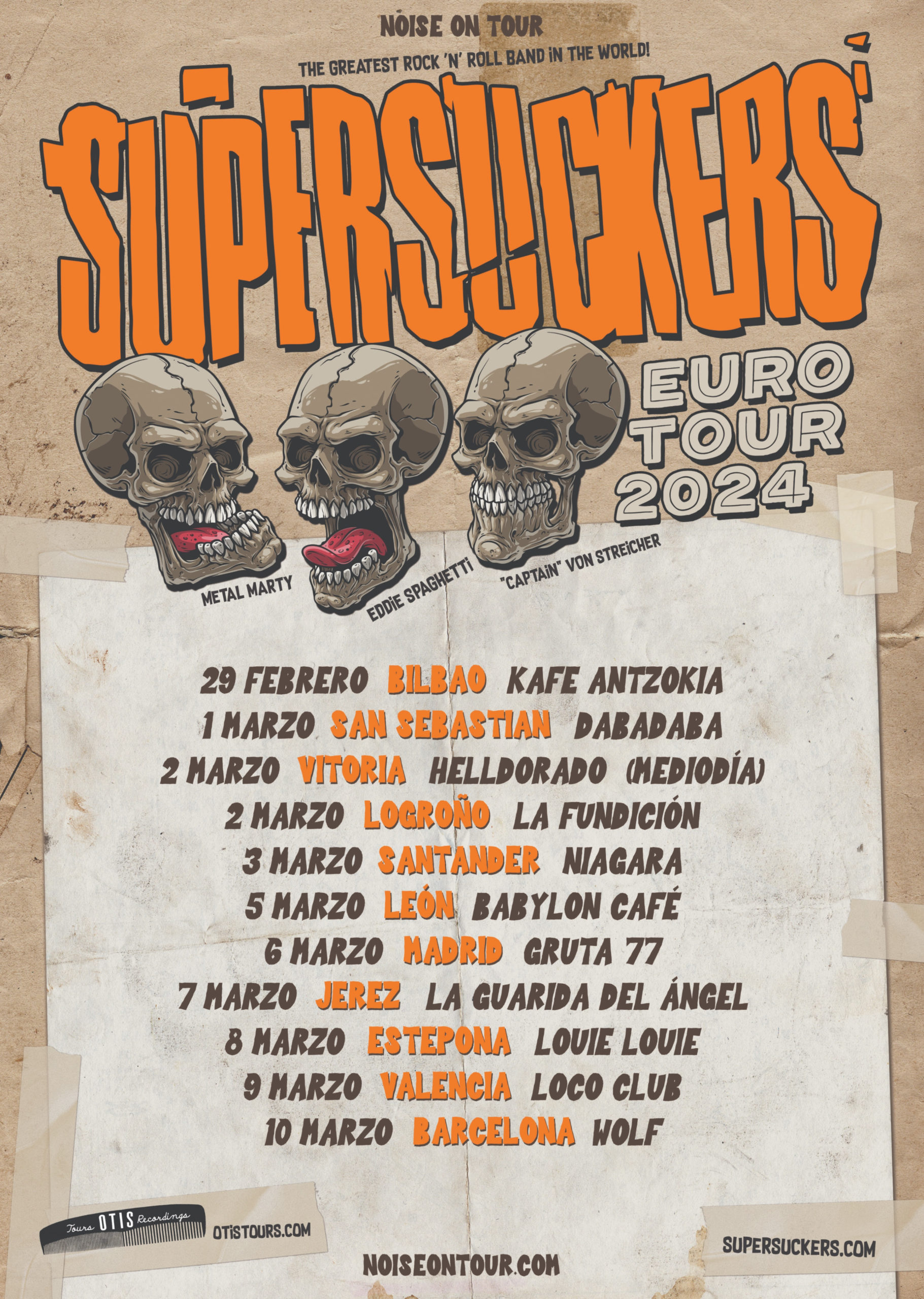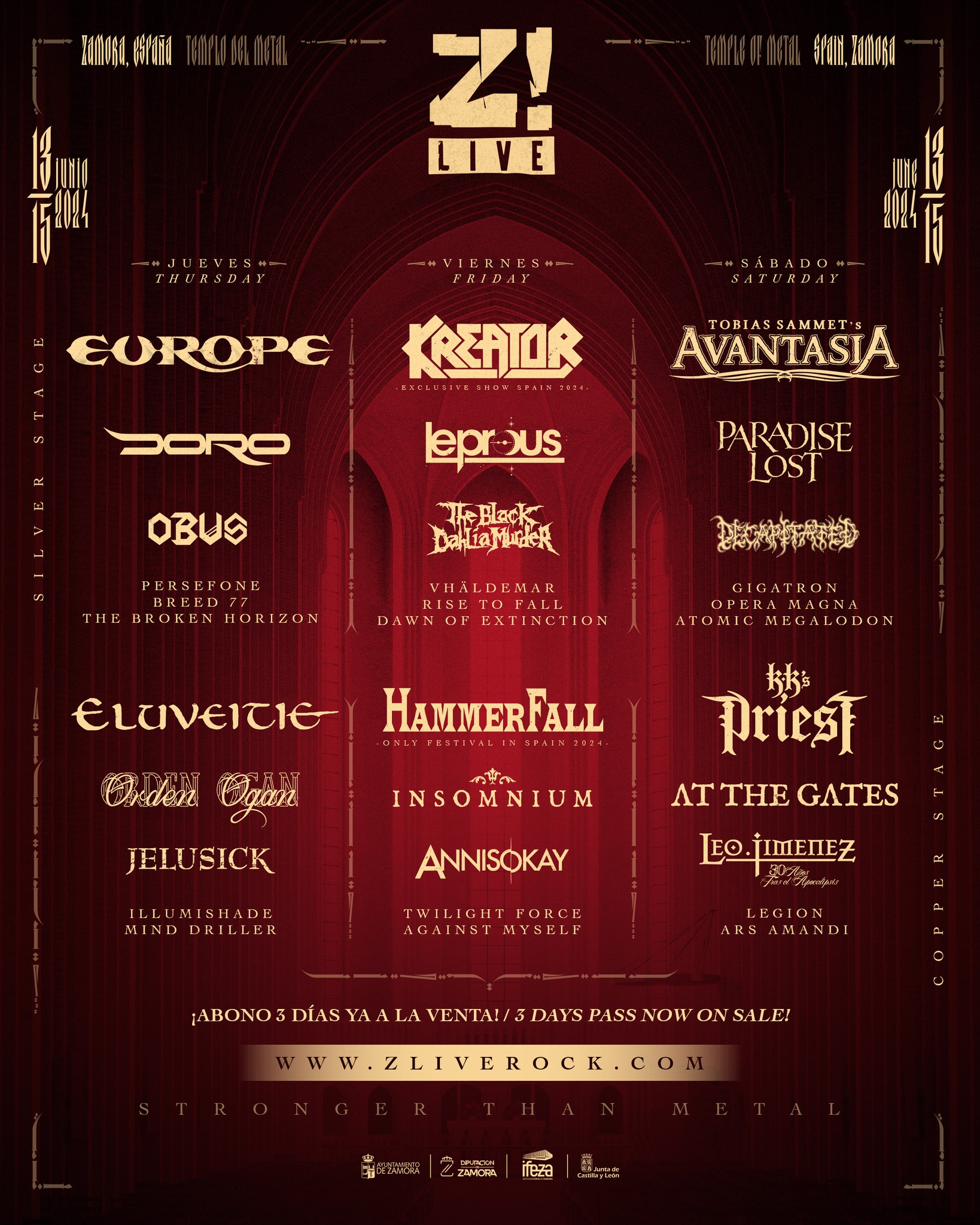[English below]
Cuando supe que mi admirado guitarrista Uwe Lulis (Accept, ex-Grave Digger) volvía a Rebellion, aunque sólo sea como productor, componiendo un tema o colgándose la guitarra rítmica, sabía que le iba a prestar especial atención a “We Are The People”, el nuevo y noveno trabajo de los de Frankfurt editado el pasado 23 de julio bajo el sello Massacre Records, que trae como novedades una formación renovada y un cambio en la temática de sus letras, además de una portada llamativa.
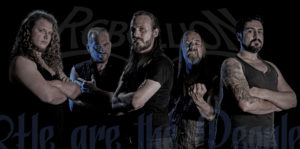
Una formación que presenta a los guitarras Fabrizio Costantino y Martin Giemza, y al batería Sven Tost, uniéndose a los miembros originales Michael Seifert (vocalista) y Tomi Göttlich (bajista, fundador y ex-Grave Digger). En cuanto a las letras, dejan de lado las obras clásicas literarias o las mitologías nórdicas, que han marcado su carrera, para abarcar temas de tintes políticos relacionados con diferentes guerras y acontecimientos, como la Revolución Francesa o la Segunda Guerra Mundial, pero siempre con un mensaje positivo de unidad.
La intro “Voices of War” empieza precisamente con eso, voces de guerra que, si prestamos atención, nombran los títulos de cada uno de los temas que componen el disco, y una vez escuchado los tres primeros, “Risorgimento (Tear Down The Walls)”, “Liberté, Égalité, Fraternité” y “Sweet Dreams”, tengo que decir que suenan a los Rebellion de los primeros discos, “Shakespeare’s Macbeth – A Tragedy in Steel” o “Born a Rebel”, tocando un heavy/power metal galopante con guitarras punzantes y una voz áspera dejando claro su evidente parecido, tanto vocal como musical, con sus compatriotas Grave Digger, sobre todo en “Sweet Dreams”, que a pesar de ser un tema oscuro, ese punteo de guitarra bien podría encajar en cualquiera de los discos clásicos de los legendarios alemanes, del “Heart of Darkness” en adelante, hasta el “Rheingold”.
La cosa cambia un poco o baja de revoluciones con “Vaterland”, que está inspirada en el himno nacional de Alemania, y “Verdún”, en relación con la batalla del mismo nombre. La primera es un medio tiempo, algo melancólico, con varios cambios de ritmo y con un buen solo de guitarra, y la segunda te transporta al fragor de la batalla transmitiendo más momentos oscuros que de acción, como la voz de Seifert, que suena más tenebrosa de lo habitual, o algunos de los riffs, que tienden a ser densos.
La animada “Ashes To Light” es como un punto y aparte porque retoma las buenas costumbres de los alemanes, guitarras adictivas, buenas melodías, batería trepidante, vamos lo que viene siendo un buen tema para los directos.
En cambio, “Gods Of War” y “Shoa (It Could Have Been Me)” te devuelven al lado más pausado y oscuro por el que tiende a ir este disco. Aún así, el poder de seducción que tienen las guitarras y la potente batería son dos puntos importantes a tener en cuenta. En ambos temas dejan lo mejor para la parte del solo de guitarra, subiendo la velocidad, titubeando con el thrash en la primera y simulando al gran Micheal Schenker en la segunda.
Turno ahora para “World War II”, escrita por el propio Uwe Lulis y donde este se encarga de todas las guitarras, bueno casi todas, Simone Wenzel (Revolution Eve), que ya formó parte de Rebellion (2006 – 2010), contribuye con un solo. Pues bien, el señor Lulis no defrauda con su repertorio de riffs marca de la casa en uno de los mejores temas del álbum, potente, épico y que, en cierto modo, me recuerda a los discos de la saga de “The History of The Vikings”.
“All In Ruins” te transmite toda esa desolación que existe después de una guerra, por lo tanto, volvemos a la pausa, al medio tiempo, a los riffs pesados, pero también, a la adictiva parte donde entra el solo de guitarra que va acompañado de una base rítmica más rápida.
Y por último tenemos un temazo, este también va para los directos, como el que da nombre al disco, “We Are The People”, dando un mensaje de esperanza a una Europa unida que ha superado tantas batallas. Un mensaje que, musicalmente, aparte de que no puedes parar de moverte, suena potente, melódico, épico y con otro solo de esos para enmarcar.
En definitiva, estamos ante el mejor disco de Rebellion desde el “Miklagard – The History of the Vikings – Volume II” (2007), a pesar de que en “We Are The People” abundan los medios tiempos y los temas oscuros, pero también han sabido compaginar muchos matices arraigados en su sonido más clásico del power metal alemán y guitarras potentes, y mucha culpa de esto la tiene, seguramente, Uwe Lulis haciendo un gran trabajo en la producción.
Texto: Juanma Cisneros
English:
When I learned that my admired guitarist Uwe Lulis (Accept, ex-Grave Digger) was coming back to Rebellion, even if only as a producer, composing a song or hanging out on rhythm guitar, I knew I was going to pay special attention to “We Are The People”, the new and ninth album by those from Frankfurt released on July 23 under the Massacre Records label, which brings as news a renewed line-up and a change in the theme of its lyrics, as well as a striking cover.

A line-up featuring guitars Fabrizio Costantino and Martin Giemza, and drummer Sven Tost, joining original members Michael Seifert (vocalist) and Tomi Göttlich (bassist, founder and ex-Grave Digger). As for the lyrics, they put aside the classic literary works or the Norse mythologies, which have marked their career, to cover issues of political overtones related to different wars and events, such as the French Revolution or the Second World War, but always with a positive message of unity.
The intro “Voices of War” begins precisely with that, voices of war that, if we pay attention, name the titles of each of the songs that make up the album, and once the first three have been heard, “Risorgimento (Tear Down The Walls)”, “Liberté, Égalité, Fraternité” and “Sweet Dreams”, I have to say that they sound like the Rebellions of the first albums,” Shakespeare’s Macbeth – A Tragedy in Steel “or” Born a Rebel “, playing a heavy / power galloping metal with sharp guitars and a rough voice making clear his evident resemblance, both vocal and musical, with his compatriots Grave Digger, especially in “Sweet Dreams”, which despite being a dark theme, that guitar picking could well fit on any of the classic albums of the legendary Germans, from “Heart of Darkness” onwards, up to “Rheingold”.
The thing changes a little or low with “Vaterland”, which is inspired by the national anthem of Germany, and “Verdun”, in relation to the battle of the same name. The first is a halftime, somewhat melancholic, with several rhythm changes and a good guitar solo, and the second transports you to the heat of battle, transmitting more dark moments than action, such as Seifert’s voice, which sounds more dark than usual, or some of the riffs, which tend to be dense.
The lively “Ashes To Light” is like a full stop because it takes up the good habits of the Germans, addictive guitars, good melodies, fast-paced drums, what has been a good song for live shows.
Instead, “Gods Of War” and “Shoa (It Could Have Been Me)” bring you back to the slower and darker side that this album tends to take. Still, the seductive power of guitars and powerful drums are two important points to consider. In both songs they leave the best for the guitar solo part, picking up the speed, hesitating with the thrash in the first and simulating the great Micheal Schenker in the second.
Turn now for “World War II”, written by Uwe Lulis himself and where he is in charge of all the guitars, well almost all of them, Simone Wenzel (Revolution Eve), who was already part of Rebellion (2006 – 2010), contributes with a solo. Well, Mr. Lulis does not disappoint with his repertoire of house brand riffs in one of the best songs on the album, powerful, epic and that, in a way, reminds me of the records of the saga of “The History of The Vikings “.
“All In Ruins” transmits to you all that desolation that exists after a war, therefore, we return to the pause, at half time, to the heavy riffs, but also, to the addictive part where the guitar solo enters that is accompanied of a faster rhythmic base.
And finally we have a great song, this one also goes to live shows, like the one that gives the album its name, “We Are The People”, giving a message of hope to a united Europe that has overcome so many battles. A message that, musically, apart from the fact that you can’t stop moving, sounds powerful, melodic, epic and with just another guitar solo of those to frame.
In short, we are looking at Rebellion‘s best album since “Miklagard – The History of the Vikings – Volume II” (2007), despite the fact that “We Are The People” abounds with half tenses and dark themes, but also they have managed to combine many nuances rooted in their most classic sound of German power metal and powerful guitars, and a lot of fault for this is undoubtedly Uwe Lulis doing a great job in the production.
Text: Juanma Cisneros
WE ARE THE PEOPLE:
- Voices Of War
- Risorgimento (Tear Down The Walls)
- Liberté, Égalité, Fraternité
- Sweet Dreams
- Vaterland
- Verdun
- Ashes To Light
- Gods Of War
- Shoa (It Could Have Been Me)
- World War II
- All In Ruins
- We Are The People
REBELLION:
Michael Seifert – Vocals
Fabrizio Costantino – Guitars
Martin Giemza – Guitars
Thomas Göttlich – Bass
Sven Tost – Drums


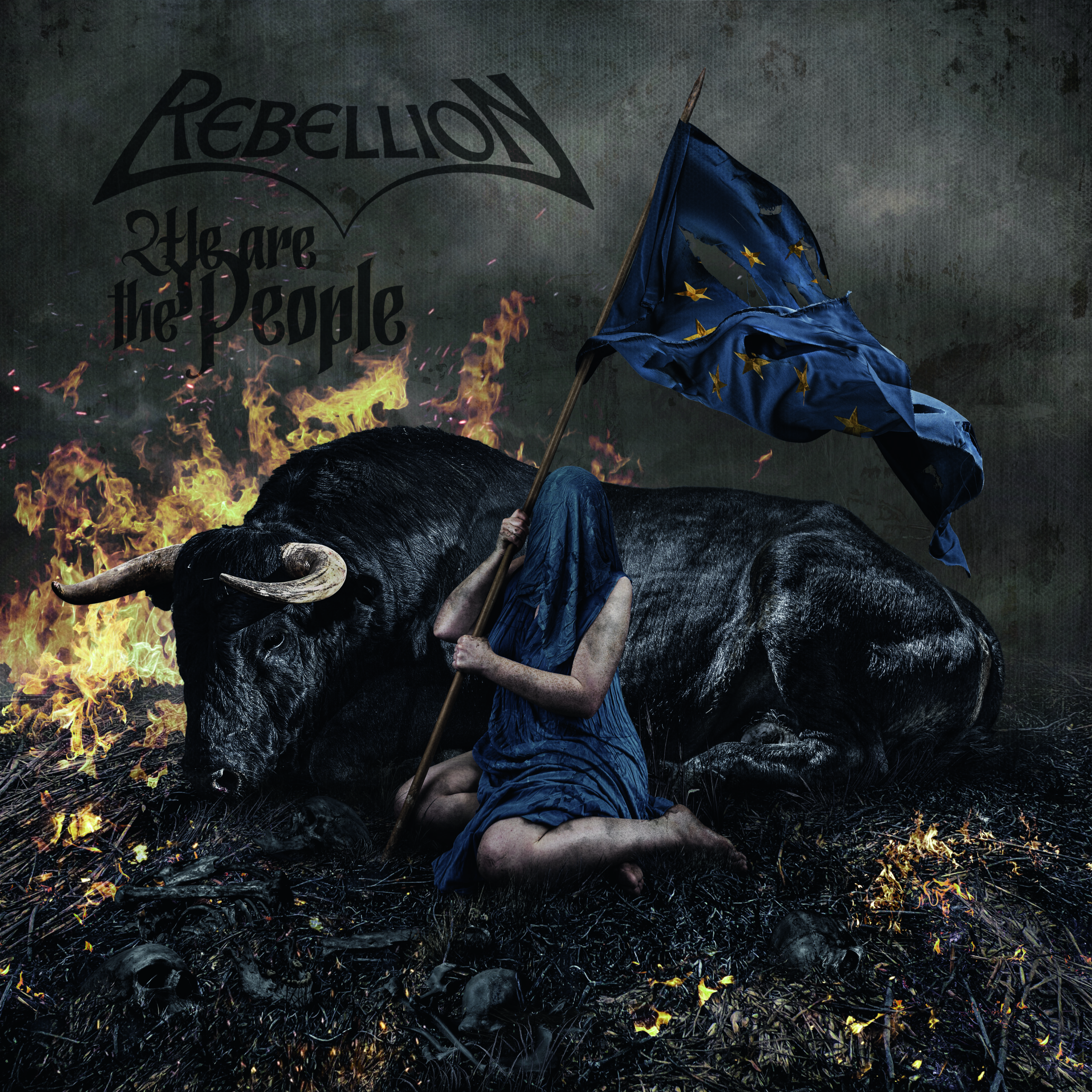


![[Reseña] SERENITY VUELVE A SUS FUEROS EN ESTE “NEMESIS A.D”](https://www.algoderock.com/wp-content/uploads/2023/11/386640845_898416944979543_6251700821426142423_n-190x122.jpg)
![[Reseña] Ankhara “De Aquí A La Eternidad” – Power Metal, headbanging y ríos de lava](https://www.algoderock.com/wp-content/uploads/2023/10/342221481_636594758310476_4227657371916687351_n-190x122.jpg)
![[Reseña] Just Friends “Gusher” – Sucio Funk, humedad y el café de por la mañana](https://www.algoderock.com/wp-content/uploads/2023/11/353064113_677782640828474_3030648305378393086_n-190x122.jpg)

